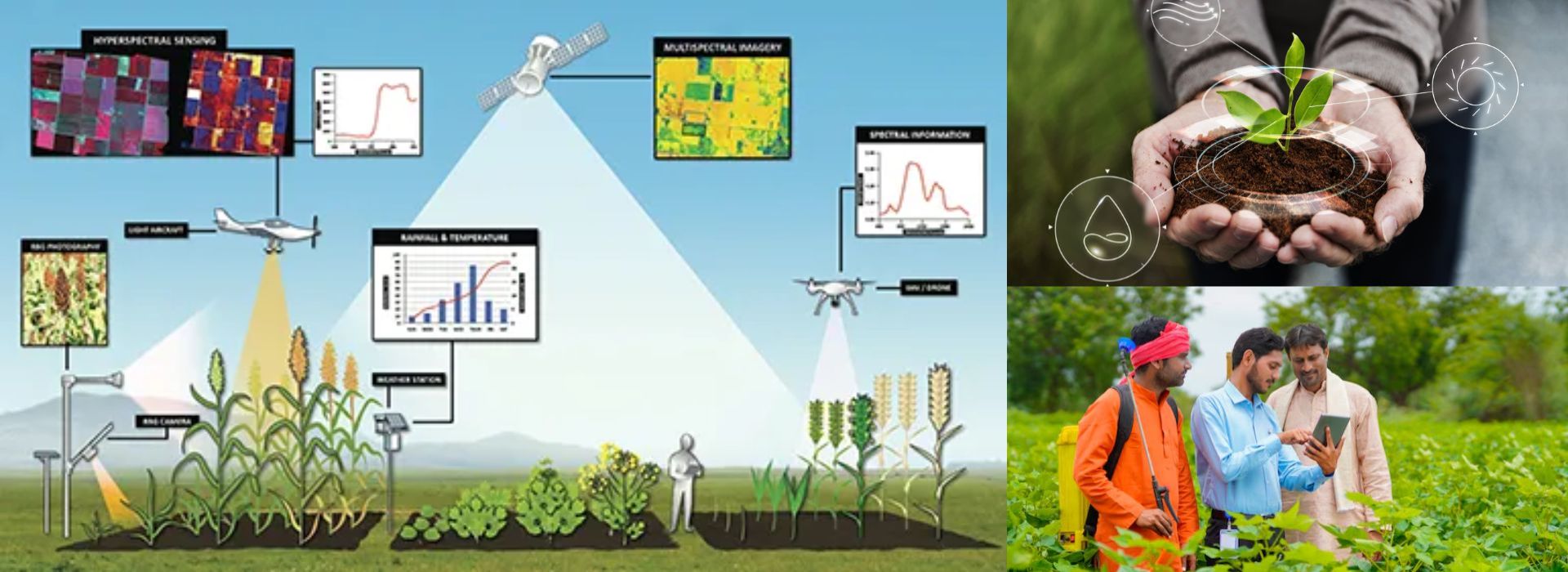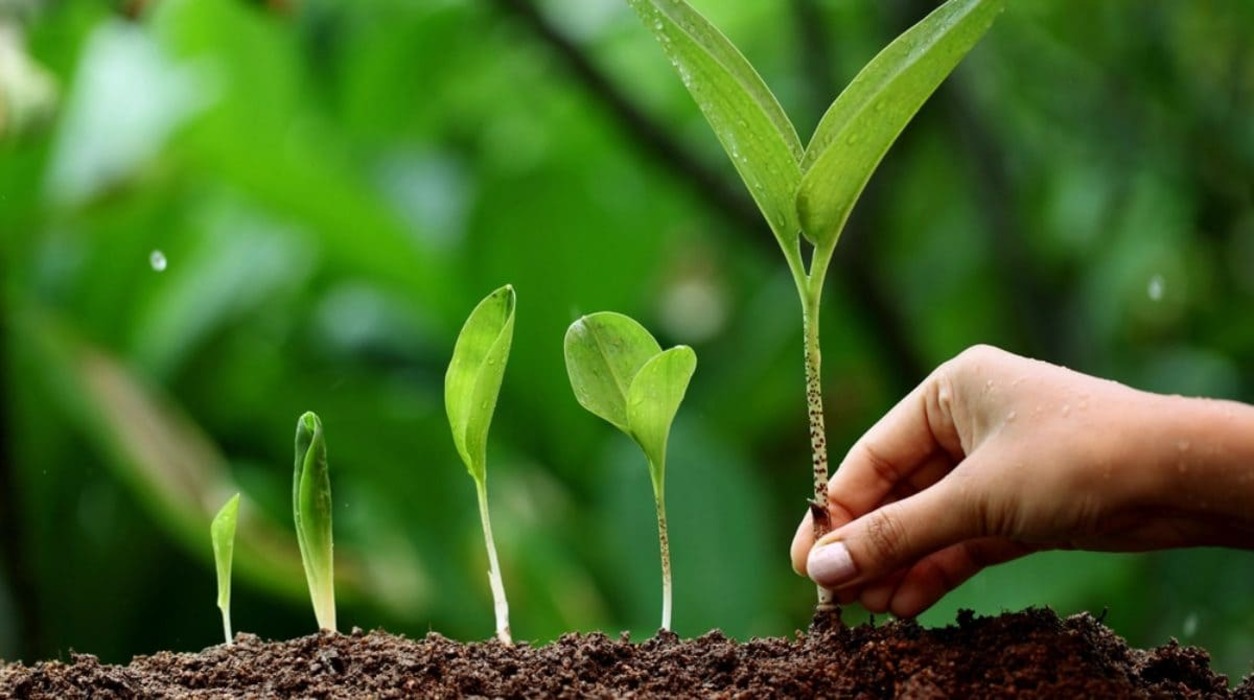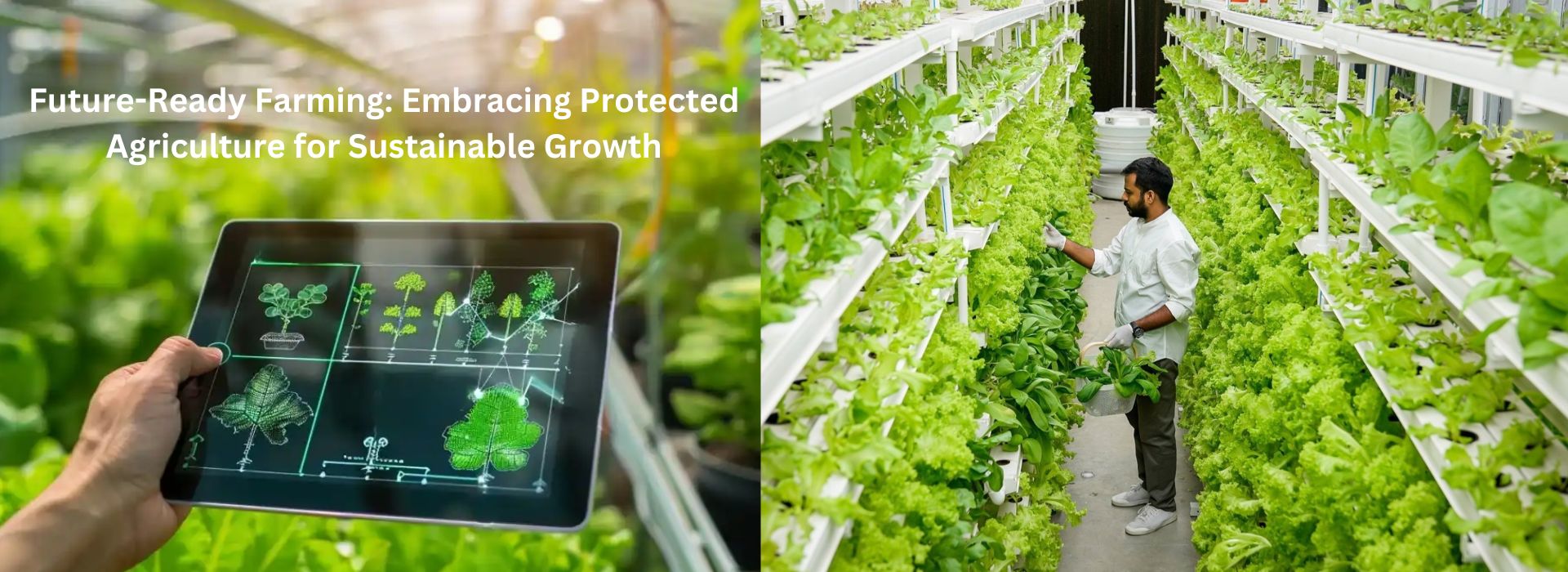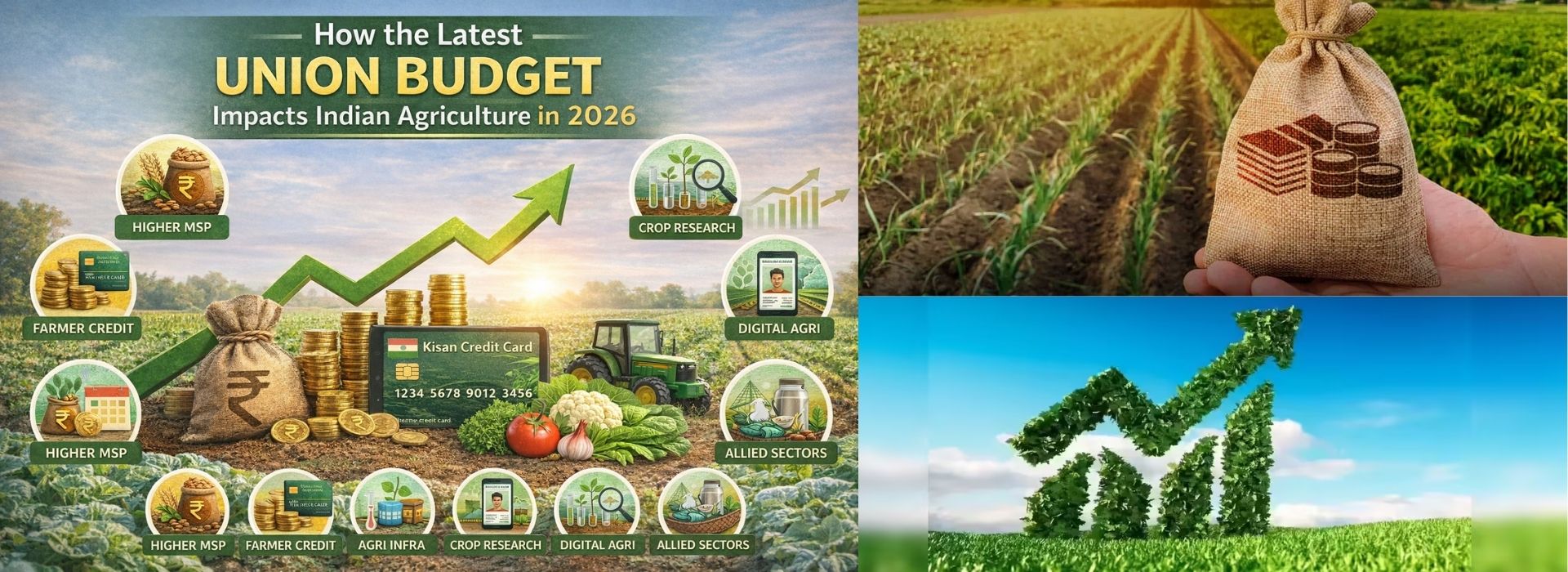Sowing Success: How Digital Platforms are Transforming Small-Scale Farming in India
December 13, 2024Sowing
Success: How Digital Platforms are Transforming Small-Scale Farming in India
India's
agriculture sector, the backbone of the nation’s economy, is undergoing a
significant transformation powered by digital platforms. For small-scale
farmers, who make up a substantial portion of the country’s agricultural
workforce, technology is bridging gaps in information, resources, and market
access. By leveraging digital tools, these farmers can now make informed
decisions, improve productivity, and increase their profitability.
This
blog explores how digital platforms are empowering small-scale farmers, the
challenges they address, and the opportunities they create.
Challenges
Faced by Small-Scale Farmers
Small-scale
farmers in India grapple with a myriad of challenges:
- Limited
Market Access: Difficulty
in connecting directly with buyers leads to reliance on middlemen and
reduced profits.
- Lack of
Timely Information:
Farmers often lack real-time updates on weather, crop prices, and best
farming practices.
- Financial
Constraints: Access to
affordable credit and insurance remains limited for many.
- Resource
Management: Inefficient
use of water, fertilizers, and pesticides impacts yields and increases
costs.
The
Role of Digital Platforms in Agriculture
Digital
platforms are addressing these challenges through innovative solutions:
1.
Market Connectivity
Platforms
like AgriBazaar and DeHaat connect farmers directly with buyers,
eliminating middlemen and ensuring better prices for their produce. They also
provide real-time price updates, enabling farmers to make informed selling
decisions.
2.
Weather and Advisory Services
Apps
like Skymet and Kisan Suvidha offer real-time weather forecasts,
pest control advisories, and crop-specific tips, helping farmers plan their
activities efficiently.
3.
Access to Inputs and Resources
Platforms
such as KrishiBazaar allow farmers to purchase seeds, fertilizers, and other
inputs online, ensuring quality and competitive pricing.
4.
Financial Inclusion
Kisan
Credit Cards (KCC) and fintech
platforms like Samunnati provide small-scale farmers with access to
loans, crop insurance, and financial literacy tools, empowering them to manage
risks effectively.
5.
Farm Management Tools
Digital
tools like CropIn and FarmBee offer precision farming solutions,
helping farmers optimize resource use and increase productivity through
data-driven insights.
Success
Stories of Digital Transformation
The
Power of eNAM (National Agriculture Market)
eNAM
has revolutionized agricultural marketing by connecting over 1.7 crore farmers
to 1,000+ markets across India. This platform enhances transparency and reduces
the dominance of intermediaries.
DeHaat’s
Impact in Rural India
DeHaat
serves over 1.5 million farmers by providing access to inputs, advisory
services, and market linkage. Farmers using DeHaat have reported increased
yields and better incomes.
Precision
Farming in Tamil Nadu
In
Tamil Nadu, small-scale farmers adopting digital tools for water management and
pest control have seen a 30% increase in productivity, demonstrating the
potential of tech-driven agriculture.
Benefits
of Digital Platforms for Farmers
- Higher
Income: By
eliminating middlemen and improving yields, digital tools enable farmers
to earn more.
- Risk
Mitigation: Access to
weather forecasts and crop insurance helps farmers manage climate-related
risks.
- Increased
Efficiency: Precision
farming reduces input costs and enhances productivity.
- Knowledge
Empowerment: Digital
platforms disseminate critical farming knowledge, bridging the information
gap.
Challenges
to Digital Adoption
- Digital
Literacy: Many
farmers lack the skills to navigate online platforms effectively.
- Connectivity
Issues: Poor
internet access in rural areas hinders the full potential of digital
platforms.
- Affordability: High costs of smartphones and data plans
remain a barrier for marginal farmers.
Way
Forward
- Promote
Digital Literacy:
Conducting training programs for farmers can accelerate tech adoption.
- Improve
Connectivity: Expanding
broadband infrastructure in rural areas will enhance access to digital
platforms.
- Subsidized
Devices: Providing
affordable smartphones and internet packages can encourage wider use of
technology.
- Public-Private
Partnerships: Collaborations
between government and tech companies can ensure scalable and inclusive
solutions.
Conclusion
Digital
platforms are transforming Indian agriculture by empowering small-scale farmers
with tools to navigate a rapidly evolving landscape. By embracing these
technologies, farmers can overcome traditional barriers, improve their
livelihoods, and contribute to a resilient and sustainable agricultural
ecosystem. The future of Indian farming is undeniably digital—and small-scale
farmers are at the forefront of this revolution.
At krishibazaar.in, you can find and buy various agricultural products. For agricultural guidance on selecting the most suitable products for your crops, please contact or WhatsApp at +917887880887






Guest reviews
No reviews found for this Blog